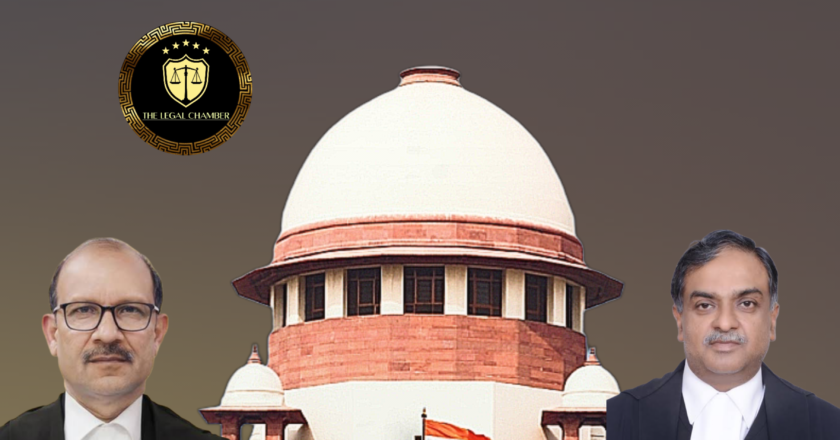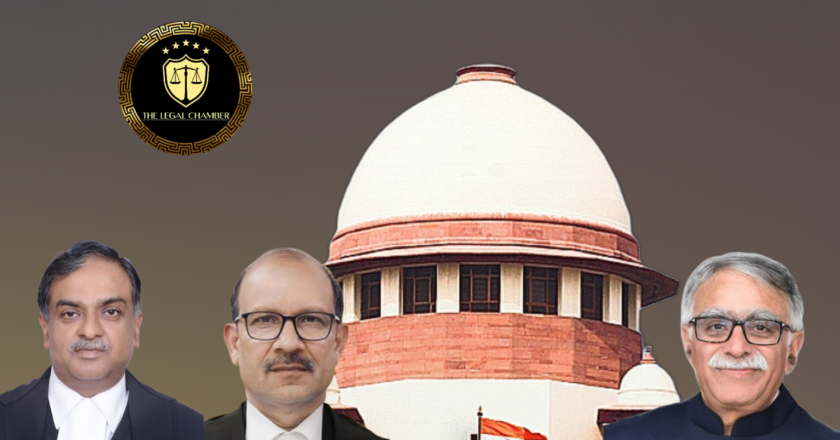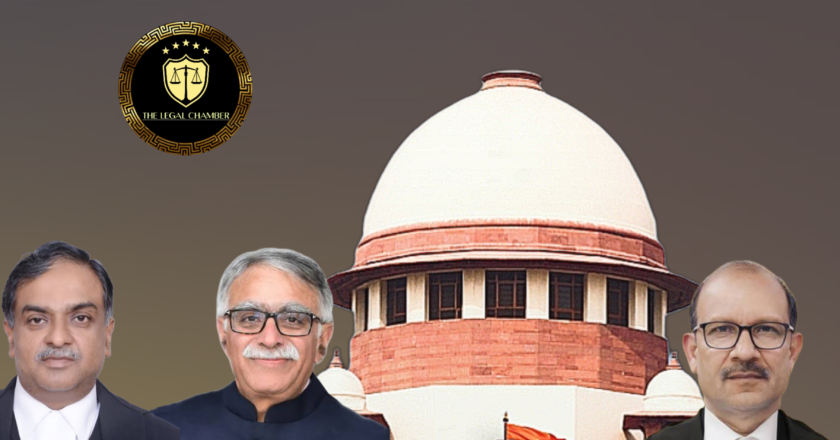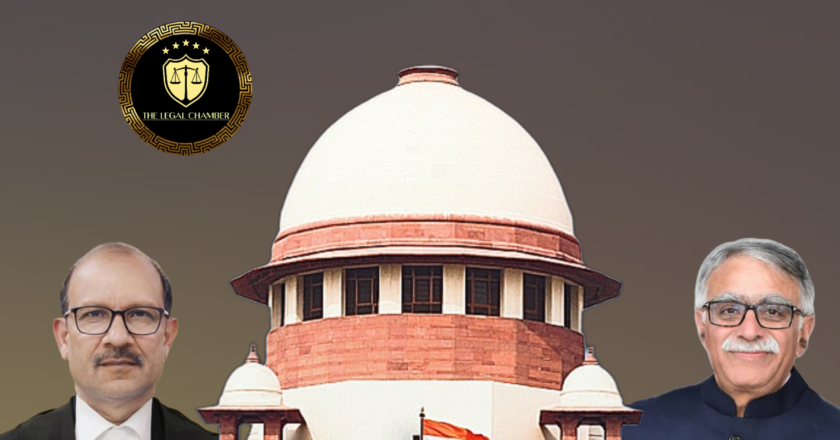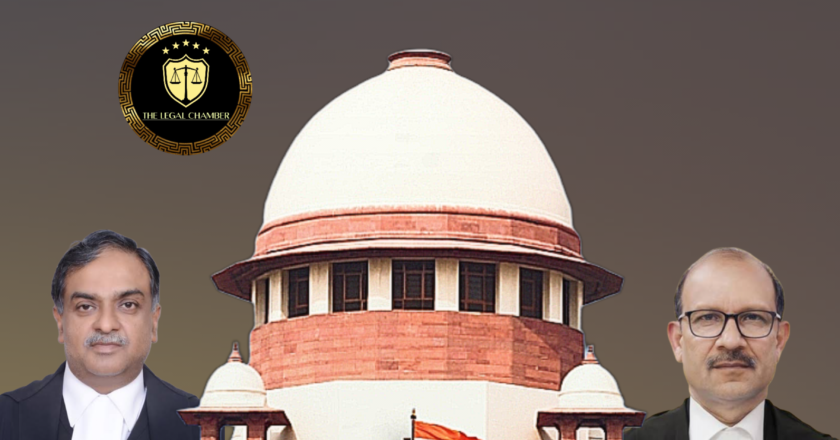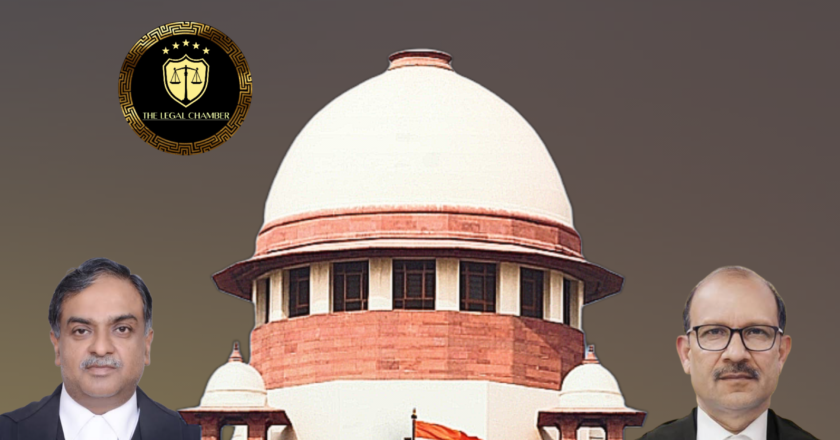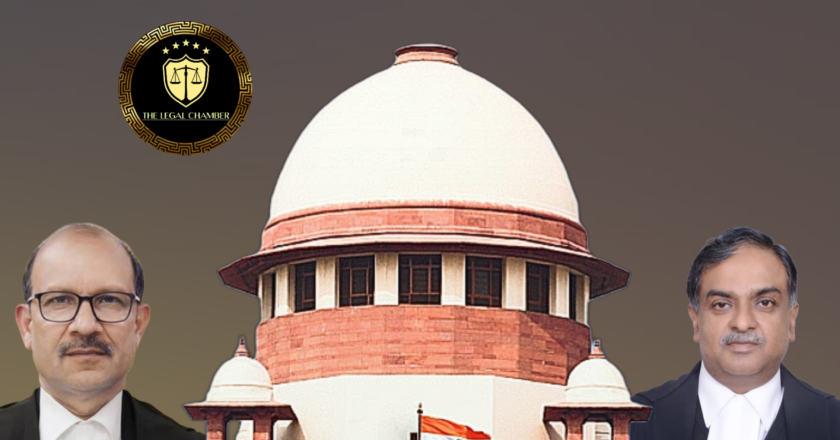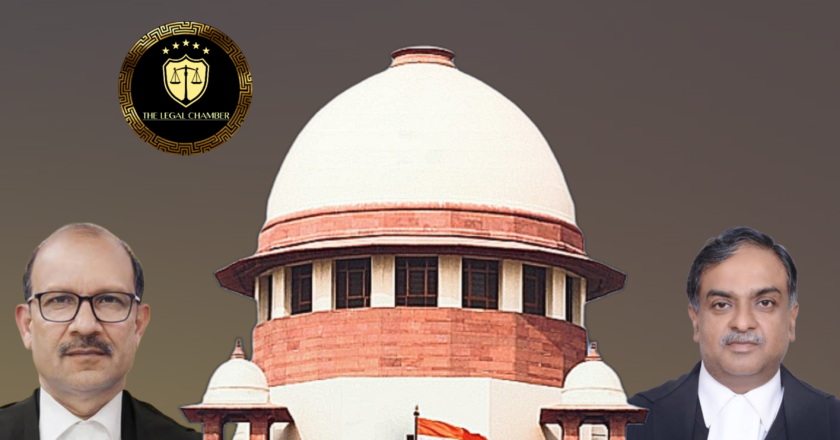Supreme Court Rules on Oral Family Arrangement: Legal Heirs Can’t Overturn Registered Will
The Supreme Court upheld the validity of a registered Will executed by Metpalli Rajanna, recognizing its presumption of genuineness under law. The Court ruled that the burden to disprove the Will lay on the contesting party, which was not discharged. It emphasized that the oral family settlement, supported by possession and revenue records, further validated the Will's distribution of properties. The trial court's decree granting absolute rights to the plaintiff under the Will was restored, overturning the High Court's interference. The judgment reaffirmed the sanctity of registered Wills and family arrangements in property disputes.
Facts Of The Case:
The case involved a dispute over 4 acres and 16 guntas of land in Dasnapur village between the legal heirs of Metpalli Rajanna. Rajanna, ...
